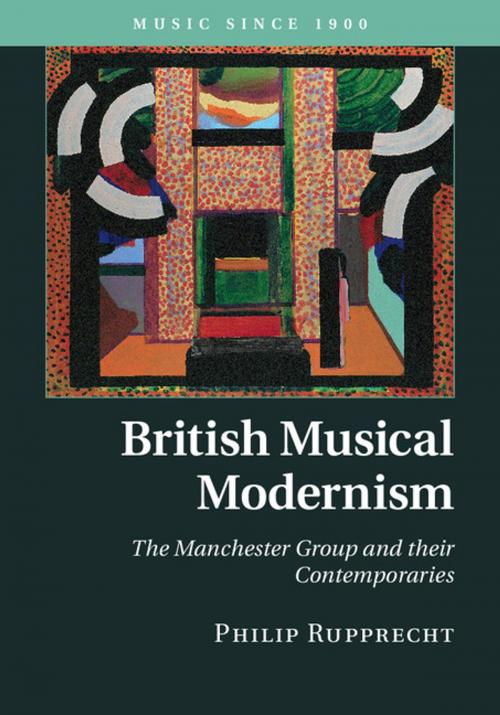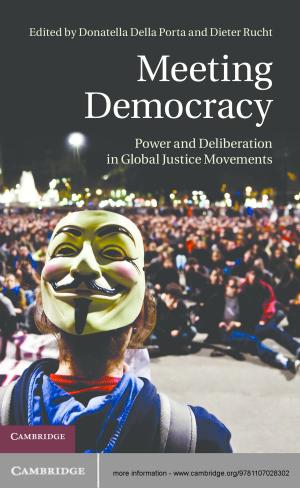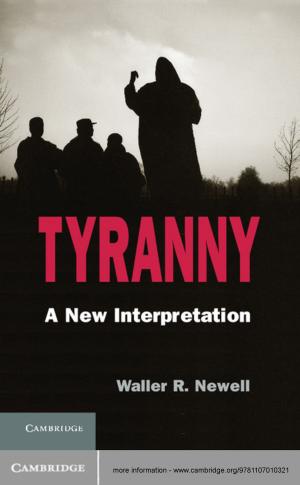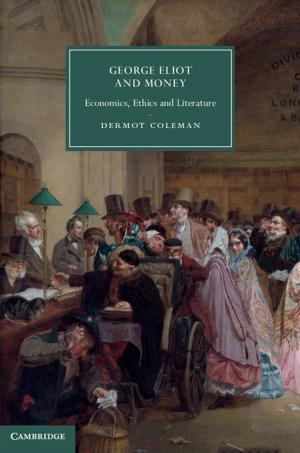British Musical Modernism
The Manchester Group and their Contemporaries
Nonfiction, Entertainment, Music, Health & Well Being, Medical, Social & Cultural Studies, Social Science| Author: | Philip Rupprecht | ISBN: | 9781316287330 |
| Publisher: | Cambridge University Press | Publication: | July 9, 2015 |
| Imprint: | Cambridge University Press | Language: | English |
| Author: | Philip Rupprecht |
| ISBN: | 9781316287330 |
| Publisher: | Cambridge University Press |
| Publication: | July 9, 2015 |
| Imprint: | Cambridge University Press |
| Language: | English |
British Musical Modernism explores the works of eleven key composers to reveal the rapid shifts of expression and technique that transformed British art music in the post-war period. Responding to radical avant-garde developments in post-war Europe, the Manchester Group composers - Alexander Goehr, Peter Maxwell Davies, and Harrison Birtwistle - and their contemporaries assimilated the serial-structuralist preoccupations of mid-century internationalism to an art grounded in resurgent local traditions. In close readings of some thirty-five scores, Philip Rupprecht traces a modernism suffused with the formal elegance of the 1950s, the exuberant theatricality of the 1960s, and - in the works of David Bedford and Tim Souster - the pop, minimalist, and live-electronic directions of the early 1970s. Setting music-analytic insights against a broader social-historical backdrop, Rupprecht traces a British musical modernism that was at once a collective artistic endeavor, and a sounding myth of national identity.
British Musical Modernism explores the works of eleven key composers to reveal the rapid shifts of expression and technique that transformed British art music in the post-war period. Responding to radical avant-garde developments in post-war Europe, the Manchester Group composers - Alexander Goehr, Peter Maxwell Davies, and Harrison Birtwistle - and their contemporaries assimilated the serial-structuralist preoccupations of mid-century internationalism to an art grounded in resurgent local traditions. In close readings of some thirty-five scores, Philip Rupprecht traces a modernism suffused with the formal elegance of the 1950s, the exuberant theatricality of the 1960s, and - in the works of David Bedford and Tim Souster - the pop, minimalist, and live-electronic directions of the early 1970s. Setting music-analytic insights against a broader social-historical backdrop, Rupprecht traces a British musical modernism that was at once a collective artistic endeavor, and a sounding myth of national identity.















